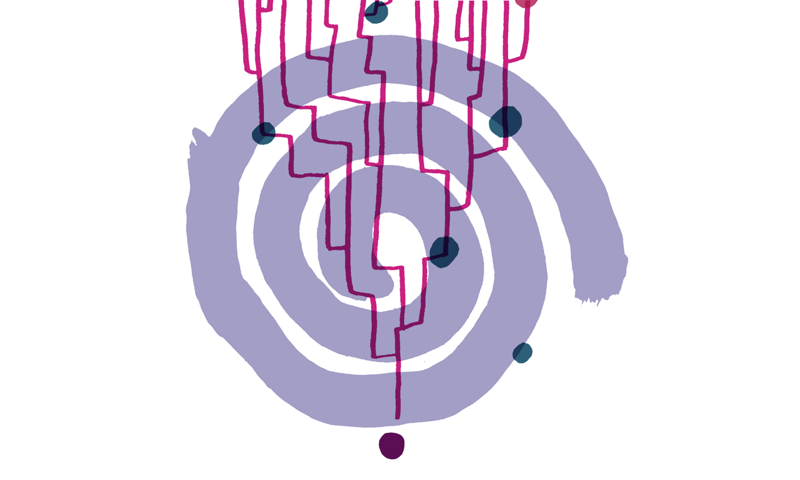Let's kill the idea of navigating news by the company org chart

Do you look for ‘politics’, ‘business’ or ‘technology’ when browsing a news site? I don’t: I look for stories that matter to me and I know that many other people do too.
There’s a hubristic tradition - or conceit - underlying the common practice of organising news websites by topics like Home, News, World, Sport, Finance, Culture, Travel, Fashion, Technology, etc.; it derives from the days when people bought one newspaper and it had to cover pretty much everything and it carries the implicit suggestion that we cover pretty much everything as well as everyone else. That’s hardly ever true any more. Name a news organisation that covers technology as well as the verge or mashable, arstechnica or engadget or …adinfitum, all of which are two clicks away.
News sites need something more specific than ‘topics’ to build their reputation around.
It’s also a very segmented way of looking at the world, as if a ‘politics’ story won’t also involve the economy (stupid!) or health or education or sex, or a business story won’t involve energy or technology. We don’t view the world this way, although news organisations organise areas of expertise that way.
The organisation bleeds through into the top nav by tradition, or because section editors feel they have a political imperative to win a presence there; this is why it’s difficult to change the practice even when every stat you look at says that people come to stories through natural or social search, not the top(ic) navigation. At itv.com/news we worked with the idea of the big-long-running-story as something that would eventually replace topics. A BLRS was a news story powerful enough to stay in peoples’ consciousness for a long period of time, like the Euro crisis or energy policy, Syria, Android vs. iPhone, mass surveillance, human trafficking - things that really mattered to its readership that the news organisation could hang its hat on. Or, for that matter, it could be a huge but more short-lived story with multiple strands and week-long presence, such as the death of Nelson Mandela, the Philippines typhoon or the Olympics.
This is how most people understand the world, although this particular idea didn’t make it into the first or subsequent releases of ITV News - other stuff was always more important, which is a source of regret.
But the thought popped up again at the weekend with some chat on twitter and a short post by @martinbelam about Quartz and its ‘obsessions’ or journalistic beats that change from time to time but over a matter of weeks and months, not days. This is how Quartz drives its top nav, not by topic, and it tells a great story about what matters to Quartz. All good news organisations need journalists and teams with obsessions around which they can build their brand; it seems to be a much better way of organising content than around dry, meaningless topics that reflect little more than where people sit in the newsroom, what’s written on their business card, or a hubristic desire to be ubiquitous.
Continue reading
This is not a new year’s resolution
OK, it is a new year’s resolution. I just don’t want to label it such. Denial is a useful survival tactic; a lens through which all behaviour is as we’d l...
The delights (and despairs) of killing time at airports
These days we're spoilt for devices that keep us busy in our free time. We crave that immersion into digital space. I want to tell you about a recent expe...
Part 3: Mystery Skype: from meme to platform in three weeks
This is the third part of our blog series about how we built a new teaching community around an existing user behaviour on Skype in the classroom. Read pa...


